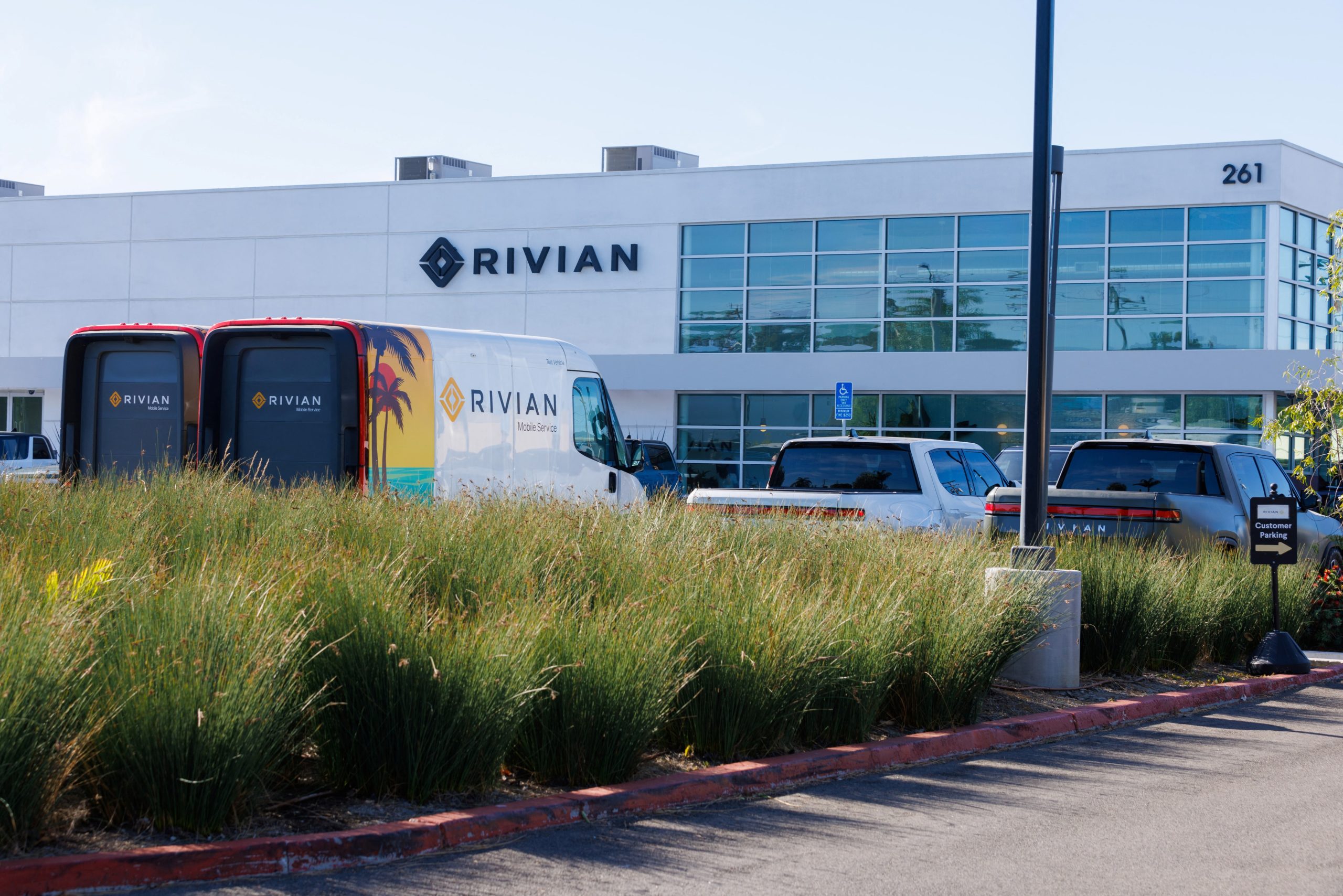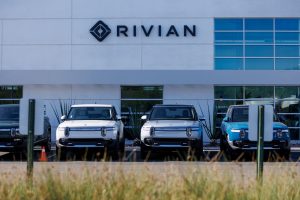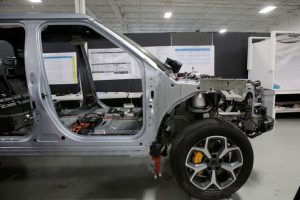
Rivian deliveries beat expectations; Tesla dampens industry hopes

April 2 (Reuters) – Rivian Automotive (RIVN.O), opens new tab beat estimates for quarterly deliveries, fueled by strong demand for its electric pickup trucks and SUVs, although its shares fell 5% as Tesla’s (TSLA.O), opens new tab weak numbers fanned concerns about an EV market slowdown.
Amazon.com-backed (AMZN.O), opens new tab Rivian delivered 13,588 vehicles in the first quarter ended March 31, topping expectations by 16 analysts of 12,415 units according to Visible Alpha.
“Even though Rivian exceeded first-quarter estimates, the outlook over the next couple of years may not have enough growth, especially since the company is yet to turn a profit,” said Michael Ashley Schulman, chief investment officer at Running Point Capital.
Tesla’s deliveries declined for the first time in nearly four years, which dragged down the EV sector, according to analysts.
“Tesla really underperformed their numbers, and I think you can look at all EV makers, it’s bad news for the sector,” Rivian investor Vitaly Golomb said.
The sector has come under pressure as range anxiety, uncertain economic outlook and more affordable hybrid vehicles limit the wider adoption of electric cars, forcing traditional automakers and startups to curb their EV ambitions.
Rivian, the maker of R1T pickup trucks and R1S SUVs, also on Tuesday reaffirmed its annual production forecast, and is planning a weeks-long production shutdown in the second quarter to upgrade its production line.
The company missed estimates for first-quarter production, impacted by its move to transition to new suppliers for fresh materials as it looks to reduce costs and improve efficiencies.
Rivian said that they have produced a few thousand additional vehicles which have not been included in this quarter’s figures as they await a part which they expect to receive in April.
The company unveiled its smaller, less expensive electric R2 SUVs and R3 crossovers last month and said it would produce the R2 at its existing U.S. factory, saving the company more than $2 billion.


